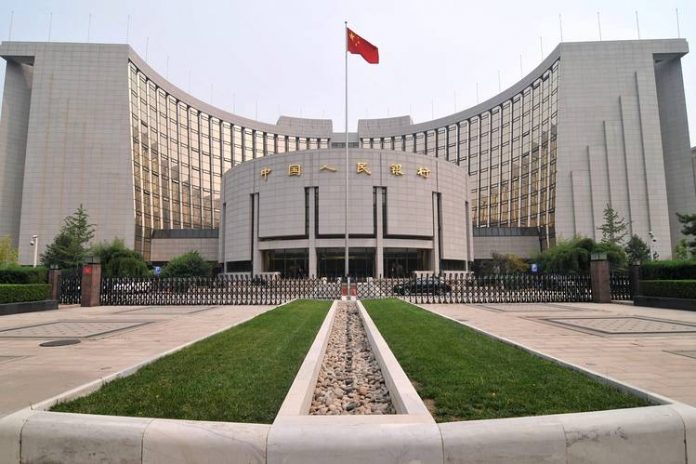BEIJING: The level of openness of China’s financial markets to the rest of the world isn’t high so there’s a lot of room for further opening, according to People’s Bank of China Governor Yi Gang.
Among considerations for further measures, Yi said foreign financial services institutions should be treated the same as domestic ones in terms of shareholding proportions, scope of business and licenses. Speaking at a forum in Beijing on Sunday, he said the central bank will focus on providing more hedging tools in 2019 to help investors manage risks.
Chinese officials have made repeated pledges at the China Development Forum over the weekend to open up more of the economy to foreign companies and provide them a level playing field with domestic firms. While policymakers such as Yi said that these changes were for the benefit of China, concerns about the closed nature of China’s economy are a big concern for U.S. trade negotiators, who will return to Beijing this week for more talks.
“We need to improve the financial risk prevention mechanism in line with financial opening-up. The opening of the financial sector isn’t the origin of financial risks, but the opening could add to the complexity of risk control,” Yi said. He also promised to help people hedge their money in Chinese markets, something that foreign companies and investors have been asking for.
“An important task for this year is to study how capital markets can more accurately determine prices, supply sufficient types of hedging tools so that all types of investors can more effectively manage risks,” Yi said. He added that increasing the type of financial instruments available enables optimization of asset allocation.
The Chinese currency is another topic in the talks, with the U.S. said to have requested China keep the currency stable and disclose information about interventions in a timely manner, Bloomberg reported earlier.
According to Yi, a flexible currency exchange rate is a “complementary” step in China’s opening as it helps absorb risks.
“The central bank has already withdrawn from day-to-day interventions and now more and more market participants are getting used to a flexible exchange rate,” Yi said, repeating an earlier pledge on exchange-rate reform.




